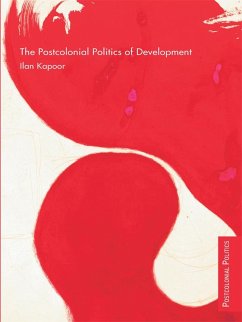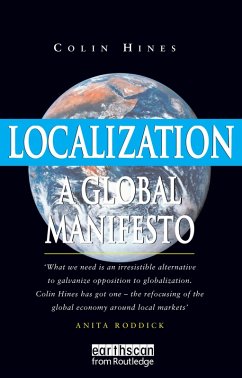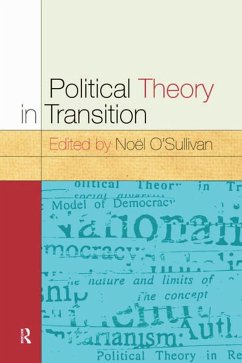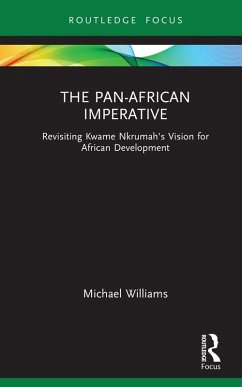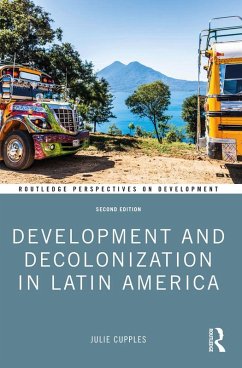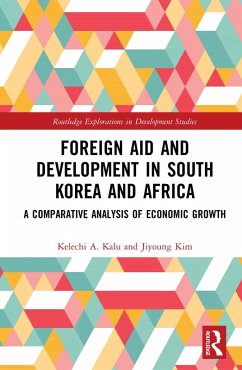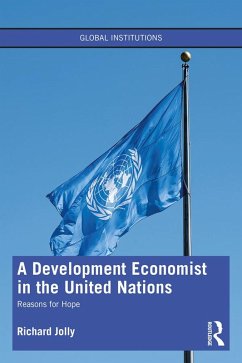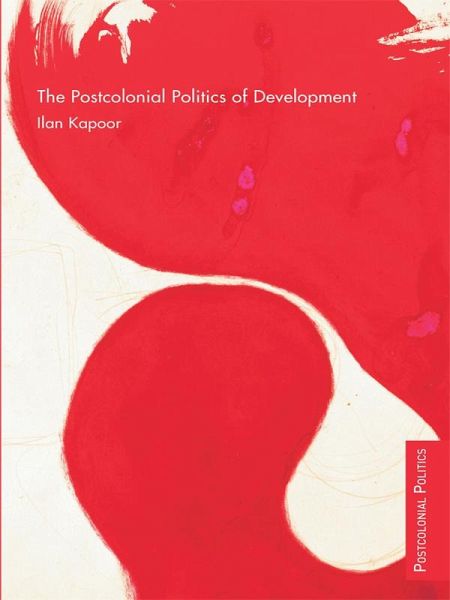
The Postcolonial Politics of Development (eBook, ePUB)
Versandkostenfrei!
Sofort per Download lieferbar
45,95 €
inkl. MwSt.
Weitere Ausgaben:

PAYBACK Punkte
23 °P sammeln!
This book uses a postcolonial lens to question development's dominant cultural representations and institutional practices, investigating the possibilities for a transformatory postcolonial politics.Ilan Kapoor examines recent development policy initiatives in such areas as 'governance,' 'human rights' and 'participation' to better understand and contest the production of knowledge in development - its cultural assumptions, power implications, and hegemonic politics. The volume shows how development practitioners and westernized elites/intellectuals are often complicit in this neo-colonial kno...
This book uses a postcolonial lens to question development's dominant cultural representations and institutional practices, investigating the possibilities for a transformatory postcolonial politics.
Ilan Kapoor examines recent development policy initiatives in such areas as 'governance,' 'human rights' and 'participation' to better understand and contest the production of knowledge in development - its cultural assumptions, power implications, and hegemonic politics. The volume shows how development practitioners and westernized elites/intellectuals are often complicit in this neo-colonial knowledge production. Noble gestures such as giving foreign aid or promoting participation and democracy frequently mask their institutional biases and economic and geopolitical interests, while silencing the subaltern (marginalized groups), on whose behalf they purportedly work. In response, the book argues for a radical ethical and political self-reflexivity that is vigilant to our reproduction of neo-colonialisms and amenable to public contestation of development priorities. It also underlines subaltern political strategies that can (and do) lead to greater democratic dialogue.
Ilan Kapoor examines recent development policy initiatives in such areas as 'governance,' 'human rights' and 'participation' to better understand and contest the production of knowledge in development - its cultural assumptions, power implications, and hegemonic politics. The volume shows how development practitioners and westernized elites/intellectuals are often complicit in this neo-colonial knowledge production. Noble gestures such as giving foreign aid or promoting participation and democracy frequently mask their institutional biases and economic and geopolitical interests, while silencing the subaltern (marginalized groups), on whose behalf they purportedly work. In response, the book argues for a radical ethical and political self-reflexivity that is vigilant to our reproduction of neo-colonialisms and amenable to public contestation of development priorities. It also underlines subaltern political strategies that can (and do) lead to greater democratic dialogue.
Dieser Download kann aus rechtlichen Gründen nur mit Rechnungsadresse in A, B, BG, CY, CZ, D, DK, EW, E, FIN, F, GR, HR, H, IRL, I, LT, L, LR, M, NL, PL, P, R, S, SLO, SK ausgeliefert werden.




